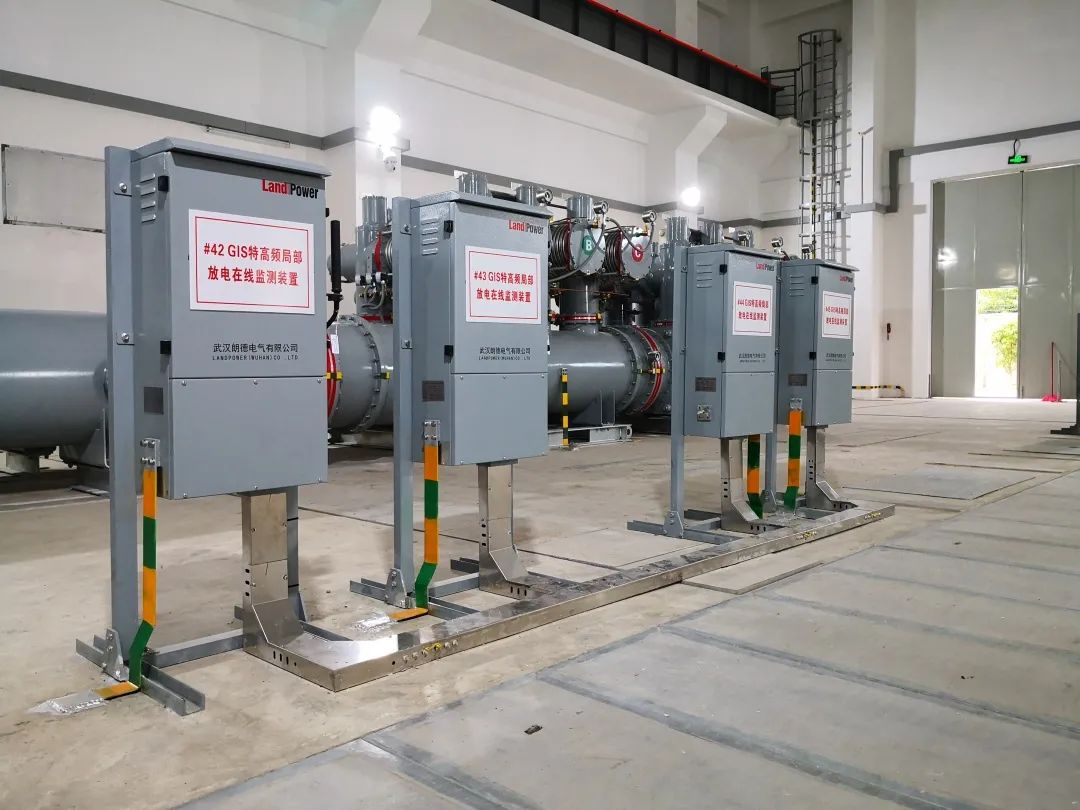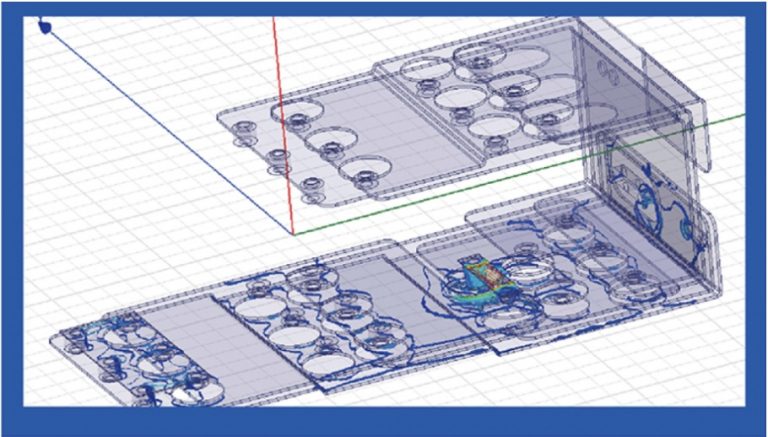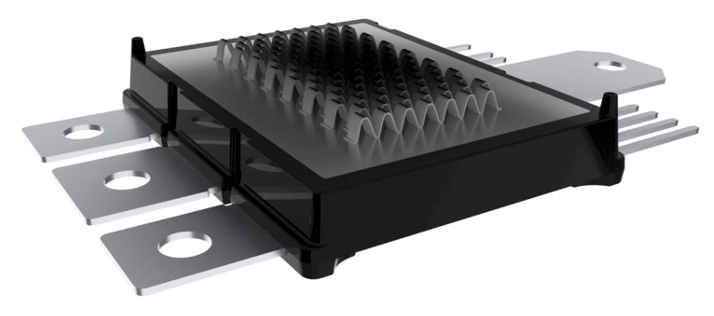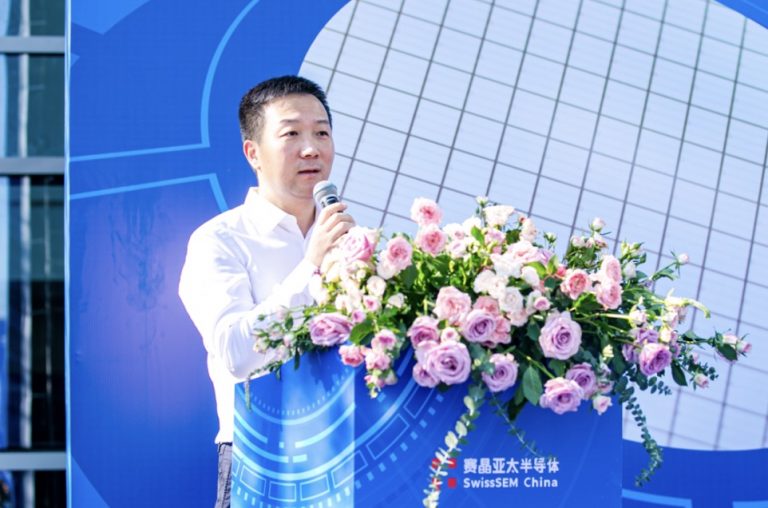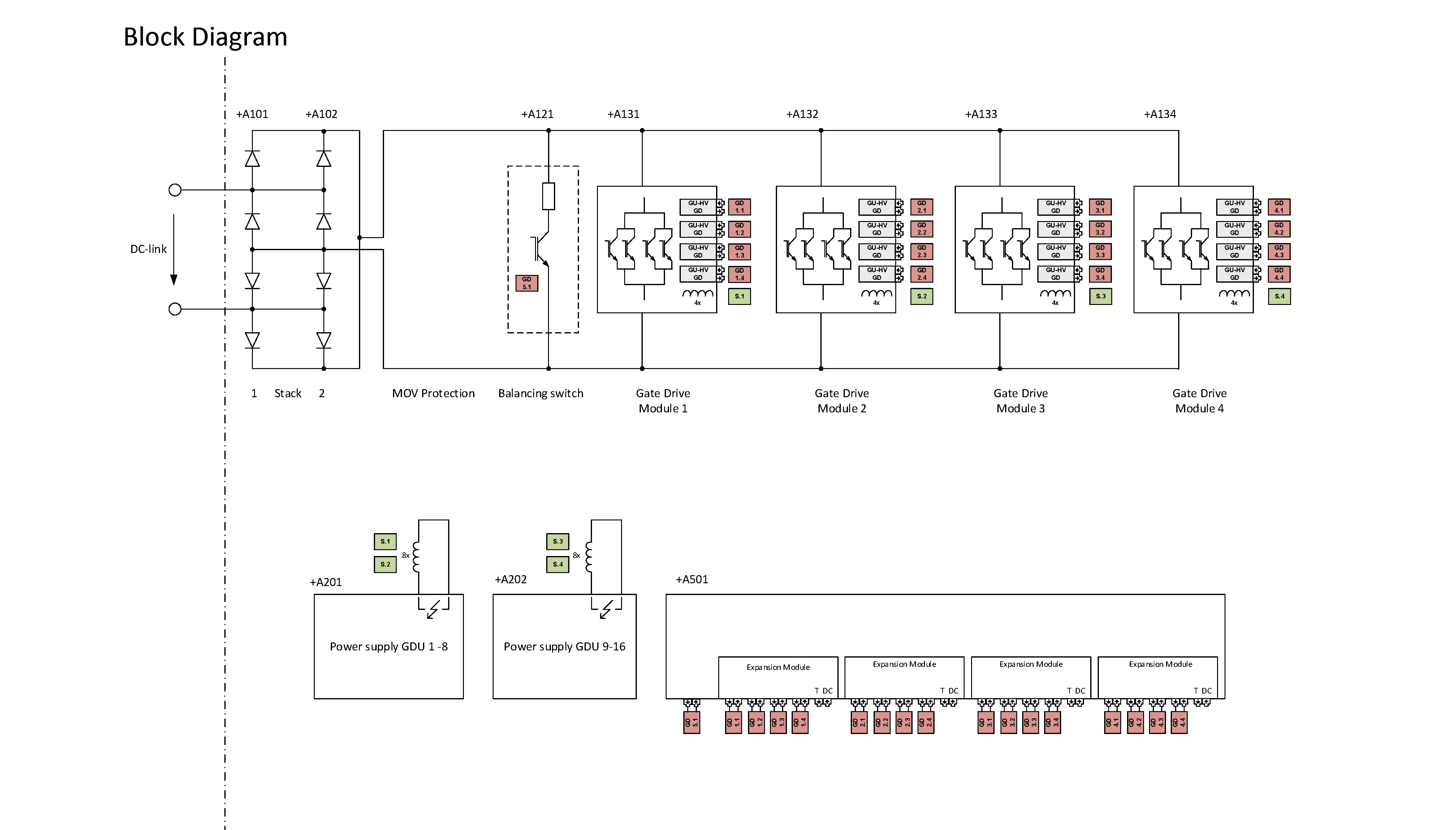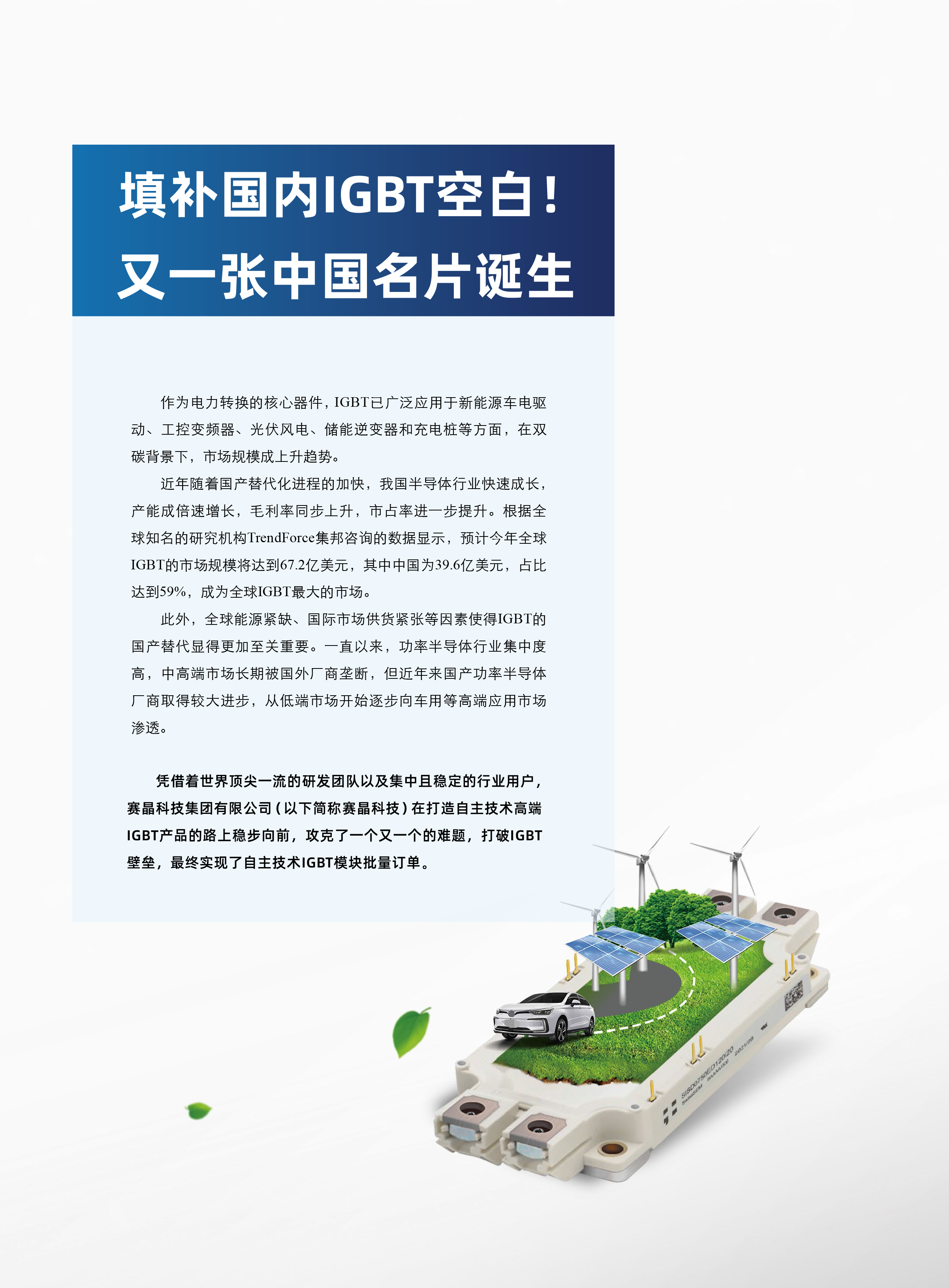Learn more
"Bodo's Power System": Where does the confidence of domestic IGBT come from? The secret of SUN.KING's quality management system
Date: 2023-05-22
Source: "Bodo's Power System"
In recent years, with the continuous improvement of IGBT design technology and the introduction of new materials and new processes, the energy saving, heat dissipation, reliability and stability of IGBT modules have become increasingly prominent, becoming a core device that has attracted much attention. Data shows that as of 2022, the global IGBT market size has reached US$12.37 billion, and new energy applications represented by electric vehicles have become the main growth point of the IGBT market.
However, the current IGBT market is still monopolized by developed countries such as Europe, the United States and Japan. Among them, the European market accounts for 37% of the global IGBT market, the US market accounts for 25%, and the Japanese market accounts for 21%. In comparison, China's IGBT market share is less than 10%, which has brought huge uncertainties and challenges to the domestic industrial chain. Against this background, the country has made the localization of electronic components a major strategic task, and IGBT has also become one of the key areas supported by the country. With the support of policies and the efforts of enterprises, although some key domestic enterprises have already possessed independent research and development and production capabilities, the competitiveness and production capacity of the entire industrial chain still need to be continuously improved.
IGBT production process is one of the main bottlenecks facing localization. At present, my country's IGBT manufacturing is still in its infancy, and there are relatively few companies with their own independent production lines. At the same time, even if there are production lines, a series of technical problems such as manufacturing yield, traceability, process feasibility, high requirements for automotive-grade products, and high product consistency still need to be solved to ensure user confidence and satisfaction with domestic products.
In order to meet these challenges, Liang Jie, deputy general manager of SUN.KING Asia Pacific Semiconductor Technology (Zhejiang) Co., Ltd. (hereinafter referred to as SUN.KING Semiconductor), Hu Xuesong, manager of the quality department, and Liang Jian, director of the testing department, shared the company's valuable experience in production control, quality management and testing systems. These experiences can not only be used as a reference for peers, but also help promote the smooth progress of the localization process of the entire IGBT industry.
The perfect production control system provides strong support for domestic overtaking
<span style="box-sizing: border-box; margin: 0px; padding: 0px; font-family: Microsoft YaHei, " microsoft="" saijing="" semiconductor="" has="" always="" adhered="" to="" the="" strategic="" direction="" of="" independent="" research="" and="" development.="" in="" june="" 2021,="" semiconductor's="" igbt="" production="" line="" was="" completed="" put="" into="" production.="" 2022,="" company="" received="" orders="" from="" nearly="" 30="" customers="" electric="" vehicles,="" photovoltaics,="" energy="" storage,="" etc.;="" it="" produced="" sold="" about="" 70,000="" modules="" these="" fields,="" achieved="" sales="" revenue="" 39.7="" million="" yuan,="" an="" increase="" 12="" times="" compared="" with="" been="" highly="" recognized="" by="" market.="" module="" products="" undergo="" strict="" quality="" control="" precise="" processes,="" so="" that="" final="" product="" a="" high="" yield="" good="" consistency.="" due="" strong="" market="" demand,="" are="" short="" supply,="" which="" also="" reflects="" excellent="" characteristics="" one="" aspect.="" high-level="" processes="" management="" important="" reasons="" for="" such="" achievements.="" <="" span="">
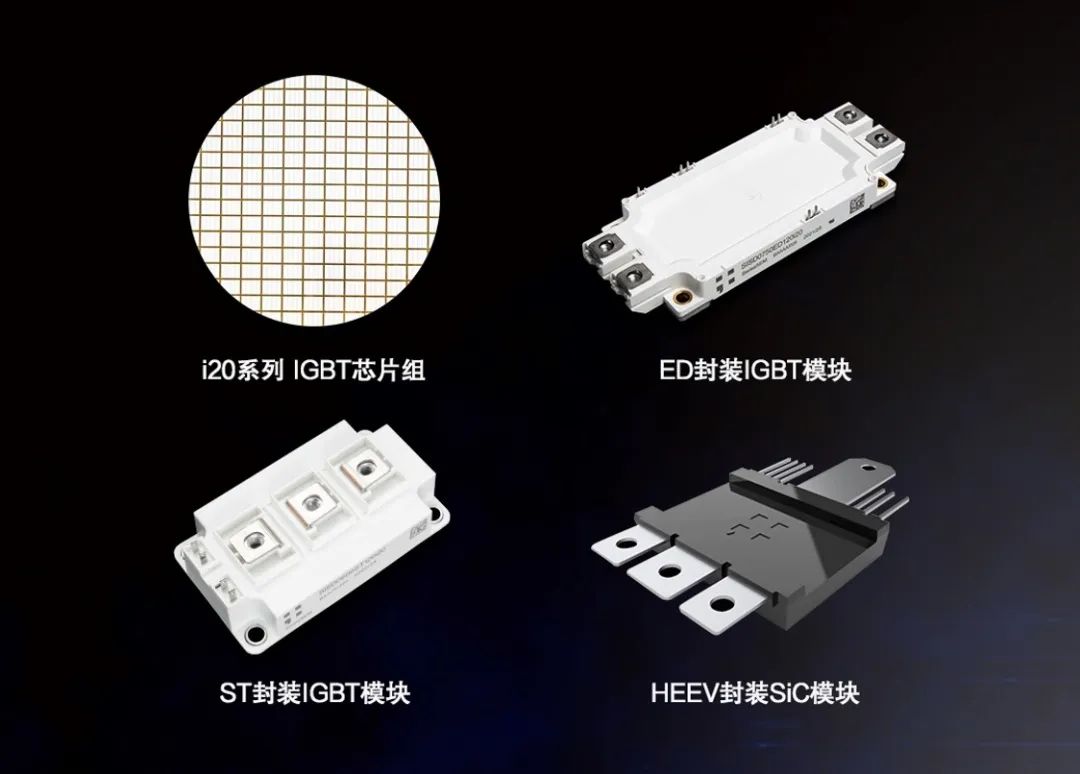
Figure: SUN.KING IGBT products
At present, the company has established a comprehensive and complete intelligent management system, covering five core areas such as manufacturing management, enterprise resource management, warehousing and logistics management, product life cycle management and workshop site management. The use of this intelligent management system ensures the efficiency and smoothness of various business processes and optimizes resource utilization, thereby improving overall operational efficiency and competitiveness.

Figure: Five core areas of SUN.KING intelligent management
In terms of product quality, in addition to obtaining ISO9001:2015 quality system certification, SUN.KING Semiconductor has also actively explored the automotive-grade market and has passed the first phase audit of the IATF16949 automotive quality system. It is expected to pass the second phase certification audit of IATF16949 in July 2023. According to Liang Jie, deputy general manager, customers' acceptance and recognition of domestic products are gradually increasing. In the context of a market dominated by large international companies, customers may find it difficult to quickly obtain the required devices, and the solution process is relatively slow when encountering problems. Nowadays, the product quality of domestic companies continues to improve, and supporting services have also been significantly improved, so customers are more willing to cooperate with domestic companies.
Back in the Industrial 2.0 era, products were assembled manually and production information was recorded. However, at that time, once customers found problems during use, it was difficult to trace relevant information about the product. Today, by scanning the labels on the modules, we can quickly obtain various information about products, semi-finished products, raw materials, and processing. In this way, module risks are effectively controlled, avoiding full product recalls caused by unlimited risk amplification. This is also the IATF16949 standard and traceability requirements followed by the electric vehicle industry.
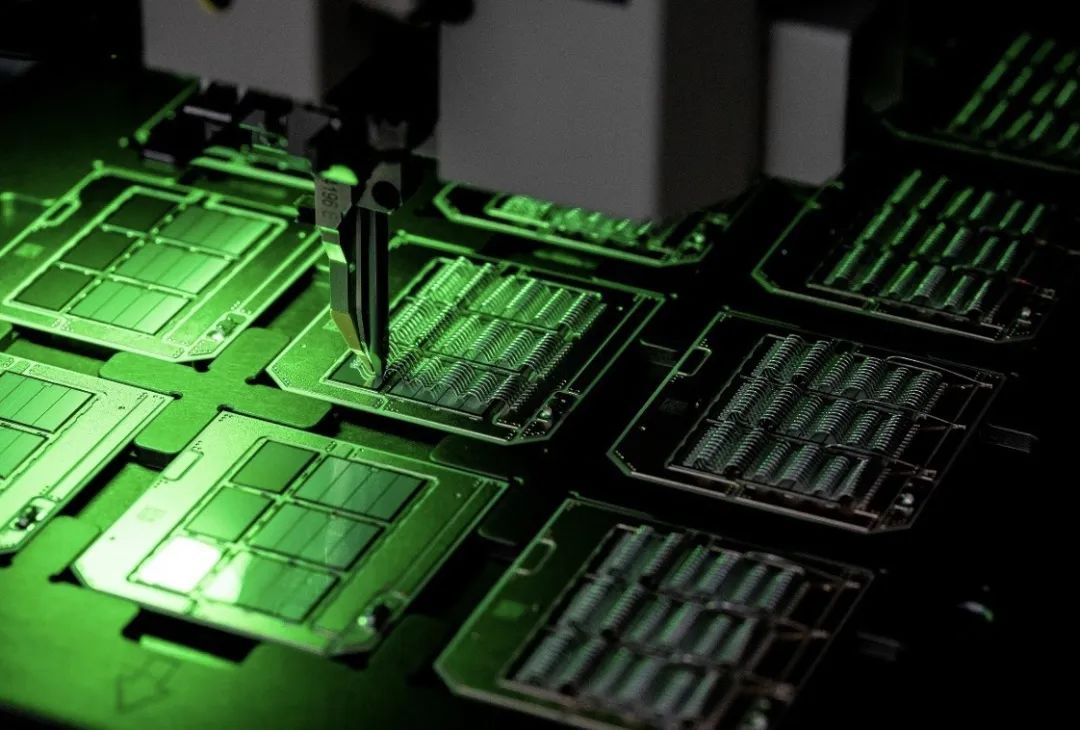
Figure: SUN.KING Intelligent Manufacturing Production Line
“It doesn’t mean that having this traceability system can guarantee foolproofness. We also need to ensure high consistency and high reliability of products through the quality management system. Only in this way can customers recognize our products. "Deputy General Manager Liang Jie said.
Three steps of quality management: Continuously improve product quality
Quality Manager Hu Xuesong introduced the three steps of quality management of SUN.KING Semiconductor - quality planning, quality control and quality improvement. He said that the purpose of quality management is to control quality and reduce costs. SUN.KING Semiconductor's Finance Department tracks quality costs every month, and the Quality Department takes the lead in analyzing the causes of poor quality costs and making improvements.

Figure: SUN.KING Intelligent Manufacturing Production Line
Starting from product design, SUN.KING Semiconductor's industrial and automotive-grade new product development is carried out in accordance with the APQP (Advanced Product Quality Planning) process. Through the efforts of the team, a structured and systematic approach is adopted to make the products meet the needs and expectations of customers. The APQP process includes 5 stages: project definition, product design and development, process design and development, product process verification, feedback evaluation and implementation of corrective actions. Each process is the output of the previous stage and the input of the next stage.
When mass production is stable, quality control is required, including incoming material sampling, first piece inspection, process sampling, patrol inspection, finished product inspection and shipment inspection, and continuous improvement is carried out in a timely manner based on the summary and analysis of the inspection data.
Quality control also includes quality control in the process, which is achieved by summarizing, organizing, graphing and analyzing the production and processing data obtained by the MES system, verifying it through experiments in the later stage, and proposing reasonable suggestions for improvement. After that, the data after improvement is summarized and analyzed through MES, and continuous improvement is made.
The improvement of product quality is to gain experience from past projects and apply it to the next project. After each project, SUN.KING Semiconductor will establish an experience library to provide experience reference for new projects to avoid the recurrence of problems that occurred in the early stage.
<span style="box-sizing: border-box; The purpose of quality improvement is to improve the quality capability of products, systems or processes through various effective measures, so that they can reach new levels and heights, and provide value-added benefits for enterprises and their customers. According to the requirements of modern management science, SUN.KING Semiconductor divides the objects of quality improvement into product quality and work quality, and carries out comprehensive quality management. The product quality improvement plan includes production process, production equipment, operation instructions, control items, acceptance standards, responsible persons, etc., while work quality improvement includes comprehensive quality management, full process management and full participation management.
SUN.KING Semiconductor has made many achievements in quality improvement, including:
Improve yield rate and increase revenue;
Improve quality reputation and improve customer relations;
Increase sales, reduce waste, reduce consumption, and increase profits;
Reduce rework and improve production efficiency;
Reduce inspection, screening and testing costs;
Accelerate the development of new products and new technologies;
Rational use of funds, optimal allocation of resources and full utilization of corporate potential.
Production test and R&D test: provide double guarantee for product reliability
Liang Jian, head of the testing department of SUN.KING Semiconductor, introduced the company's production testing and R&D testing. At present, SUN.KING Semiconductor's first production line is the ED/ST module production line, with a designed annual production capacity of 350,000 units, and uses internationally advanced testing equipment for production testing. The test items of ED/ST modules include insulation, static and dynamic tests. From wafer-DBC-module, UCL and LCL are set in a step-by-step manner to ensure that abnormal products are screened out at an earlier stage and improve the final product yield. Dynamic testing performs RBSOA/DSOA/SCSOA tests on all modules, and the test conditions are more stringent. For example, the RBSOA with twice the current in the specification is tested with more than twice the current in actual testing to ensure product margin.
The entire production line of SUN.KING Semiconductor is fully automated. The test machines used for production are mainly imported products, and each product needs to be tested. The status of the test machine is SPC calibrated through standard samples. By using a certain number of standard samples to regularly perform SPC statistics of key parameters, the state of the production test equipment is ensured to be stable. Liang Jian also showed the probability diagram of key parameters for nearly a year from the beginning of 2022 to March this year. Whether it is the data comparison between bridge arms or batches, it can be seen that the data distribution consistency is very good.
According to Liang Jian, the second production line that SUN.KING Semiconductor is adding will be compatible with silicon carbide chip packaging and testing. Since silicon carbide has a short short-circuit tolerance time, the test time is not allowed to be too long. Silicon carbide switches faster and has greater electrical stress during the switching process, so sampling also needs to be optimized. In terms of dynamic testing, the new equipment integrates a low-inductance design, and the short-circuit test pulse width is as low as 1.5μs. In terms of static testing, the test process is optimized for SiC MOSFET characteristics. For example, the Vthhysteresis phenomenon, the threshold voltage is measured after adding the pre-bias voltage, thereby avoiding the problem of inaccurate measurement values caused by drift.
The key to SUN.KING Semiconductor's testing capabilities lies in verifying the product's extreme capabilities, rather than simply comparing parameters with competing products. During the product development and verification phase, the product's electrical performance needs to be tested to the extreme conditions to ensure that mass-produced products have sufficient safety margins.
Compared with competing products using the same technology, the capacity of SUN.KING Semiconductor SISD0750ED120i20 series modules in inverter mode has increased by about 12%, especially at higher switching frequencies, the advantage is more obvious.
Highlighting China's leading position in the power semiconductor market
With the government's encouragement of new power systems, new energy generation, electric vehicles and green equipment, and the increasing demand of more and more companies and consumers for environmentally friendly products and renewable energy, the power semiconductor market will usher in a broader development prospect. According to data from market research firm Yole Développement, the global power semiconductor market size reached US$9.1 billion in 2021 and is expected to reach US$14.7 billion by 2026, with a compound annual growth rate of 10.5%.
As an industry leader, SUN.KING Semiconductor adheres to the concept of making fine products, supported by a top technical team, relying on its own technical strength and efficient production management, and is committed to providing excellent IGBT products for electric vehicles, new energy power generation and other fields. Today, SUN.KING Semiconductor has become one of the leaders in the domestic power semiconductor market. In addition to excellent technical products, SUN.KING Semiconductor has also been recognized by capital in the market. The achievement of these outstanding achievements is inseparable from high-level production processes and quality management.
In the future, SUN.KING Semiconductor will continue to promote the localization and independent control of power semiconductors, and continuously improve product quality and technical level. We are confident that SUN.KING Semiconductor will continue to lead the industry and become a leader in China's power semiconductors.



